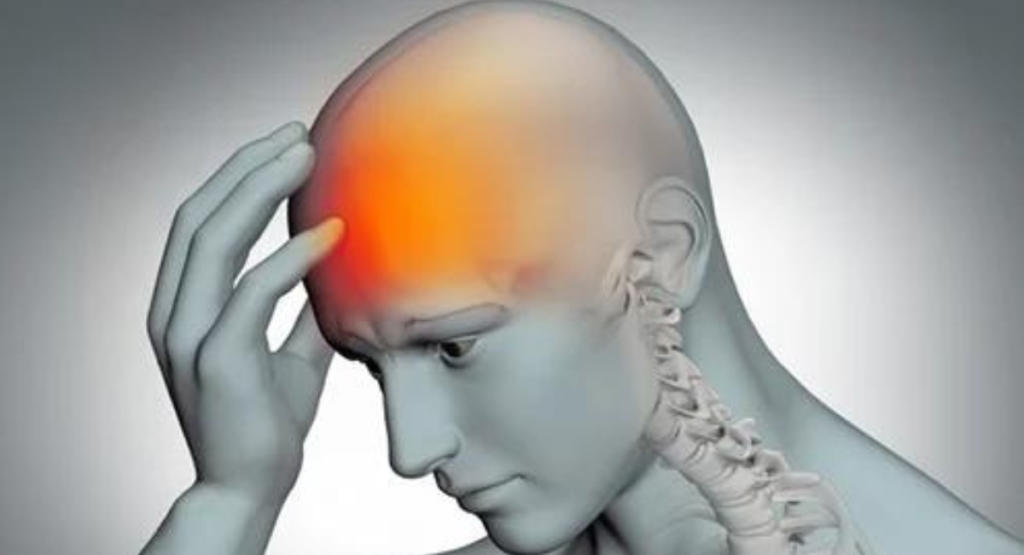Traumatic brain injury (TBI) is a serious medical condition that can have long-lasting effects on individuals and their families. Whether caused by accidents, sports injuries, or other traumatic events, TBIs can lead to significant challenges in daily life. In this blog post, we’ll delve into the complexities of traumatic brain injury, exploring its long-term effects, symptoms, and available treatments.
What is Traumatic Brain Injury?
Traumatic brain injury occurs when a sudden trauma causes damage to the brain. This can happen as a result of a blow, jolt, or penetration to the head. The severity of a TBI can range from mild, such as a concussion, to severe, which may result in permanent brain damage or even death.
Long-Term Effects of Traumatic Brain Injury
The long-term effects of TBI can vary greatly depending on the severity of the injury and the areas of the brain affected. Some common long-term effects include:
Cognitive Impairment: TBI can lead to difficulties with memory, attention, and reasoning. Individuals may struggle with learning new information or completing complex tasks.
Emotional Challenges: Many individuals with TBI experience changes in mood and behavior. This can include depression, anxiety, irritability, and mood swings.
Physical Impairments: TBI may result in physical disabilities, such as paralysis, weakness, or coordination problems. These impairments can significantly impact an individual’s independence and quality of life.
Sensory Changes: Changes in vision, hearing, taste, or smell are common after a traumatic brain injury. These sensory changes can affect how individuals perceive and interact with the world around them.
Increased Risk of Neurological Conditions: Research suggests that individuals who have experienced TBI may be at an increased risk of developing neurological conditions later in life, such as Alzheimer’s disease or Parkinson’s disease.
Symptoms of Traumatic Brain Injury
Recognizing the symptoms of TBI is crucial for early intervention and treatment. Some common symptoms include:
- Headaches or migraines
- Dizziness or loss of balance
- Nausea or vomiting
- Blurred vision
- Sensitivity to light or noise
- Difficulty concentrating or remembering
- Changes in sleep patterns
- Mood swings or agitation
It’s important to seek medical attention if you or someone you know experiences any of these symptoms after a head injury.
Treatment Options for Traumatic Brain Injury
Treatment for traumatic brain injury typically involves a multidisciplinary approach aimed at addressing the various physical, cognitive, and emotional challenges associated with the condition. Some common treatment options include:
Medication: Certain medications may be prescribed to manage symptoms such as pain, headaches, or mood disorders.
Therapy: Physical therapy, occupational therapy, and speech therapy can help individuals regain lost skills, improve mobility, and learn coping strategies for daily life.
Counseling: Counseling or psychotherapy may be beneficial for addressing emotional challenges and supporting mental well-being.
Supportive Services: Access to supportive services such as vocational rehabilitation, assistive technology, and community resources can help individuals with TBI navigate daily challenges and achieve greater independence.
Conclusion
Traumatic brain injury can have profound and long-lasting effects on individuals and their loved ones. By understanding the symptoms and treatment options available, individuals affected by TBI can take proactive steps towards recovery and improving their quality of life. If you or someone you know has experienced a traumatic brain injury, don’t hesitate to seek medical attention and support from healthcare professionals.
Remember, early intervention and comprehensive care are key to maximizing recovery and minimizing the impact of traumatic brain injury on daily life. Stay informed, stay vigilant, and don’t hesitate to reach out for help when needed.
We are India’s first comprehensive continuum care provider. We provide multidisciplinary out of hospital care to acute and post-acute and chronically ill patients at our critical care facilities and your home.


